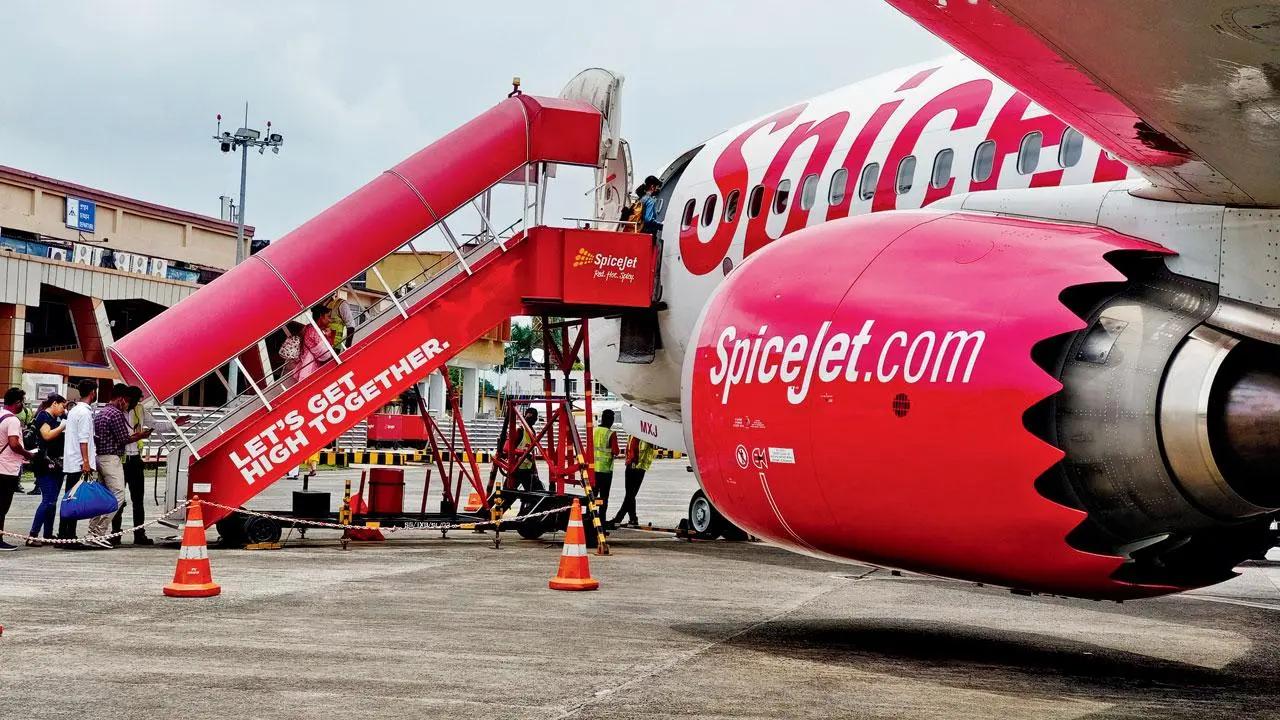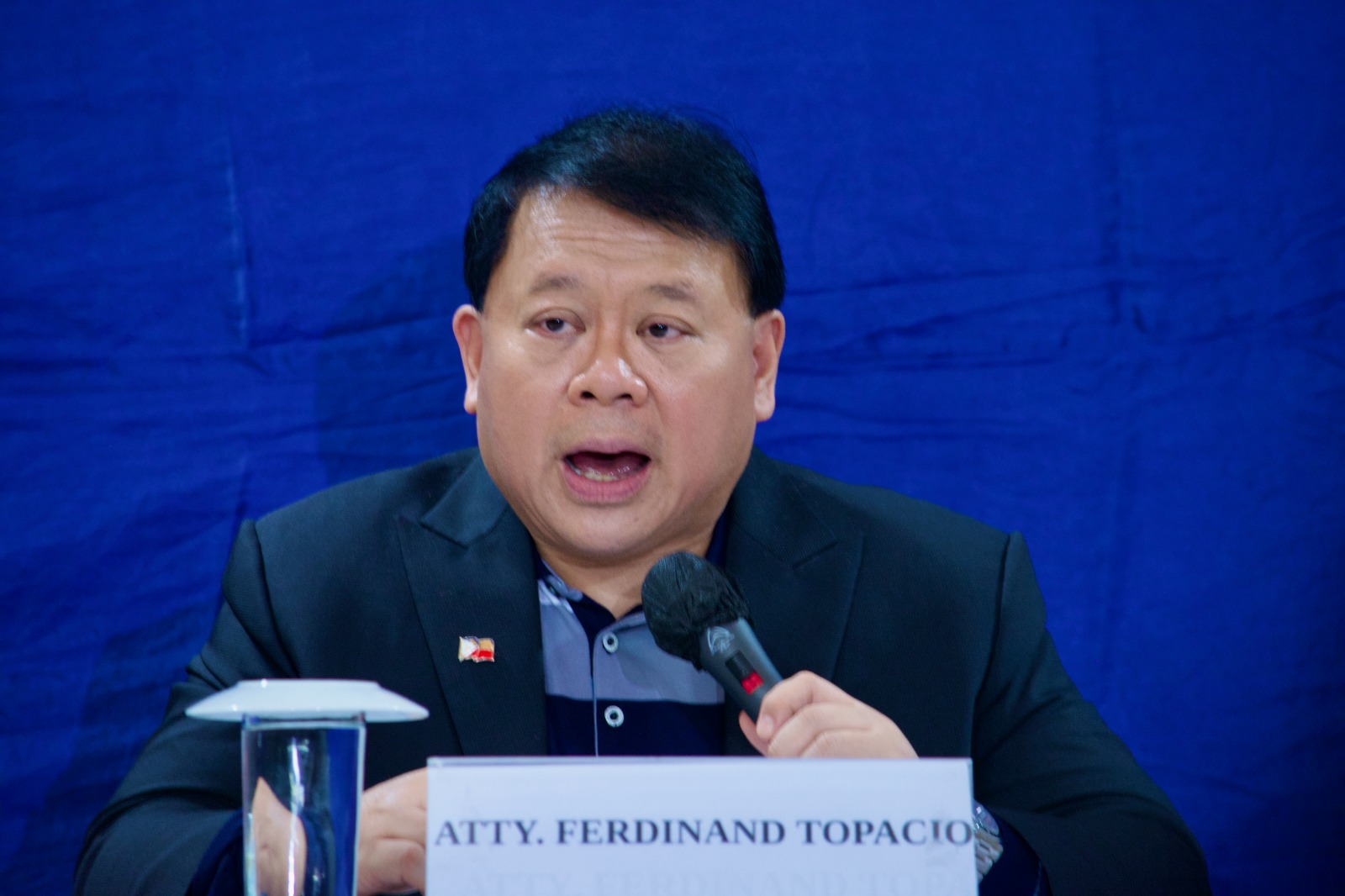
LOWELL — Following a yearlong collaboration between Lowell Public Schools and the city, the school district is on track to receive nearly $20 million from state and federal agencies to improve the quality of the infrastructure in most of its 29 buildings. Some of the funding was initially announced in August, but the School Committee received an expanded and updated report from Department of Public Works Sustainability Director Katherine Moses during its Wednesday night meeting at City Hall. “We’re trying to find solutions for our schools,” said Moses, who took over the sustainability position last year when the City Council created the division within the DPW.
“One of the solutions we’ve been pursuing is additional funding to help us improve the quality of our schools, quality of the buildings and help provide solutions in cooling.” Both the School Committee and the City Council are responsible for school buildings. The school district uses the buildings, but almost all are owned by the city.

The district is responsible for custodial services, like cleaning and ground maintenance, while the city is responsible for repairs and general maintenance. A 2018 study by the Edward J. Collins, Jr.
Center for Public Management found deficiencies in maintenance and oversight of numerous school buildings particularly in the area of heating, ventilation and air conditioning and mechanical systems. It calculated that $140 million in capital investment was needed in Lowell schools over the next 10 years. That same year, the city contracted with EMG, an inspection and certification service company now known as Bureau Veritas, to perform a facility condition assessment and a preventative maintenance checklist for all of the municipal buildings in the city.
Lowell has tapped into many funding sources to address facility issues in the district, including the yearly general fund, the Accelerated Repair Program through the Massachusetts School Building Authority, and federal American Rescue Plan Act and Elementary and Secondary School Emergency Relief monies. The latest grant funding is a combination of Massachusetts Department of Elementary and Secondary Education ARPA funds and Bipartisan Infrastructure Law funds. DPW secured $4.
2 million from DESE. “We got an improving ventilation and air quality grant from DESE as part of their ARPA funding,” Moses said. But the even bigger funding package comes from the U.
S. Department of Energy BIL funding to make schools more sustainable, more functional and more comfortable. “This grant is to be used exclusively for schools and it’s a phased program,” Moses said.
“The next phase will be up to $1 million to do energy audits at 23 of our school facilities, which will help to identify what our needs are, our HVAC and other measures.” From that process, the city will create a strategic plan, which will direct up to $14 million to improvements for school facilities. Superintendent of Schools Liam Skinner said he was “thrilled” to deliver the “good news” to the committee.
Shortly after the school year opened last year, a heat wave forced the district to cancel classes for two days. Pawtucketville Memorial Elementary School has experienced delayed and disrupted classroom learning due to multiple mold outbreaks at the pre-K through fourth grade school that is suspected to be due to ventilation, roof leaks and other infrastructure issues. The 2018 EMG report estimated a $1 million roof replacement.
In October, the DPW is installing an almost $700,000 chiller at the school. Mayor Daniel Rourke called the sustainability funding “fantastic” and lauded Moses’ hard work to bring “millions of dollars into the city.” “Ms.
Moses has been doing this for a long time on the city side,” Rourke said, “so it’s good to see it coming in on the school side as well.” Over the past year, the Sustainability Division has secured more than $508,000 in grants to fund improvements to city buildings, energy efficiencies and other initiatives. These latest grants represent a significant leap in the collaboration required to secure significant outside funding for overdue repairs and maintenance issues in district buildings.
“I have been with the city 10 years,” Moses said. “This was an unprecedented amount of cooperation and collaboration with the School Department, the superintendent, with the principals and city staff all helping to improve our schools.”.










